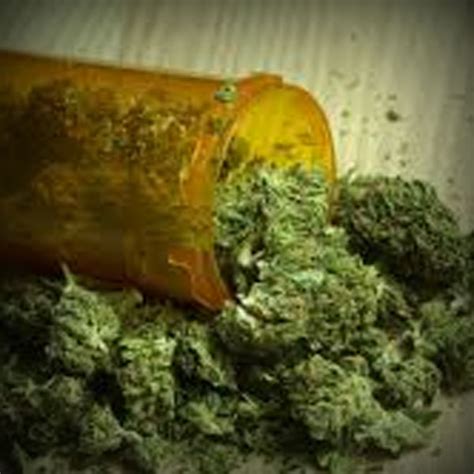Georgia’s approach to medical cannabis is unique compared to other states. While “medical marijuana” is a legal term in many states that refers to state registration programs allowing patients to grow, possess, and use marijuana, Georgia does not follow this model. In Georgia, growing, possessing, and smoking marijuana are criminal offenses, subject to fines and imprisonment.
However, the state has made provisions for the use of “low THC oil.” Georgia’s medical marijuana law permits certain qualified individuals to legally possess up to 20 fluid ounces of this oil, derived from the marijuana plant. The Georgia Department of Public Health issues a “Georgia Low THC Oil Registry Card” to these individuals, confirming their authorization to possess the oil. Notably, Georgia’s law is more restrictive than those of many other states, as it does not legalize the sale or possession of marijuana in leaf form.
The federal status of marijuana remains complex. Although federal law has prohibited the use and distribution of marijuana in the United States since 1937, states have been experimenting with marijuana liberalization policies for the past five decades. In recent developments, the Consolidated Appropriations Act 2023 (P.L. 117-328) includes a provision that prevents the Department of Justice from taking legal action against states for implementing or enforcing medical marijuana laws.
The Georgia Access to Medical Cannabis Commission, based in Atlanta, Georgia, is an important entity in this landscape. The Executive Director, Andrew Turnage, and General Counsel, Jansen Head, operate from their office at 7 Martin Luther King Jr. Drive, Suite 146 (First Floor), Atlanta, Georgia 30334. The commission’s primary purpose is to facilitate the legitimate use of medical cannabis for health care, including palliative care, while upholding Georgia’s strong public policy against illegal drug use.
For law enforcement and others seeking further clarification, the Georgia Department of Public Health provides FAQs and information specific to low THC oil, including details pertinent to law enforcement agencies.
In terms of drug threats, the DEA’s Atlanta Division has reported varying prices for marijuana in Georgia. For example, in 2002, marijuana sold for $100 to $350 per ounce and $10 to $20 per gram. This highlights the ongoing challenges in managing and regulating marijuana-related activities in the state.
For comprehensive information about marijuana and its effects, the Centers for Disease Control and Prevention offers valuable insights, discussing the compounds in the cannabis plant, such as THC and CBD, and their different effects.
To learn more about Georgia’s approach to medical cannabis, including FAQs, dispensaries, and historical context, visit the Georgia Access to Medical Cannabis Commission’s website at FAQs, Dispensaries, and History & Purpose pages. Further details on the Low THC Oil Registry can be found at the Georgia Department of Public Health.
